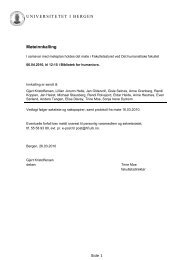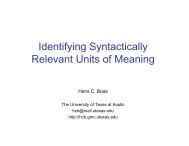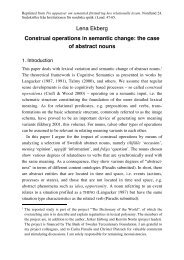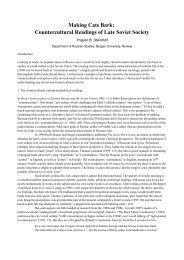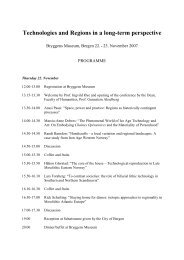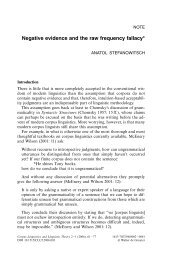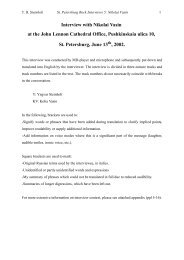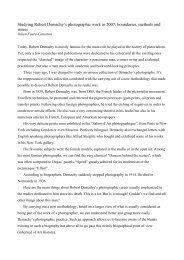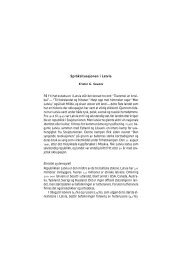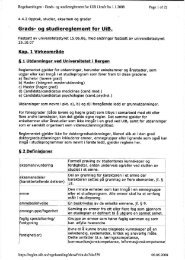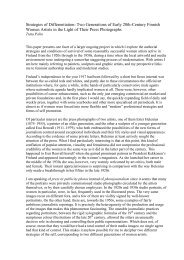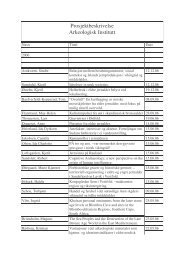THE BOOK OF POEMS IN TWENTIETH-CENTURY ... - TopReferat
THE BOOK OF POEMS IN TWENTIETH-CENTURY ... - TopReferat
THE BOOK OF POEMS IN TWENTIETH-CENTURY ... - TopReferat
Create successful ePaper yourself
Turn your PDF publications into a flip-book with our unique Google optimized e-Paper software.
Извивайся,—но мой покой<br />
Не тобою будет нарушен...<br />
И растаял он на глазах,<br />
На глазах растворился в прах,<br />
Оттого, что я—равнодушен...<br />
But this time from my work<br />
I did not raise my eyes to him,<br />
Unresponsive—and indifferent.<br />
Go ahead and leave, stay with me,<br />
Wriggle—but my peace<br />
Will not be disturbed by you…<br />
And he melted before my eyes,<br />
Before my eyes he dissolved into dust,<br />
Because I am indifferent.<br />
Makovskii considered "Равнодушие" the most terrifying of the three devil poems,<br />
viewing the poet's indifference as a capitulation, a loss of the emotional power found in<br />
"Час победы." 164<br />
Matich too has written of the danger of indifference in Gippius's<br />
worldview, associating it with apathy and irresoluteness—a refusal to engage in the<br />
spiritual journey, to participate in dynamic faith. Indifference results from a loss of will<br />
required by traditional Christian humility. 165<br />
In "Равнодушие," however, the poet has achieved an ultimate victory. The devil<br />
does not fade away into emptiness, but dissolves into dust—there is no possibility of<br />
return. Here, instead of "indifference" the poet appears to have reached a more literal<br />
164 Makovskii recalls the willful slap in the face the poet gives the devil in "Час победы," but incorrectly<br />
attributes the disdainful look (глядит презрительно) to the poet instead of the devil. Makovskii, Na<br />
Parnase, 160-1.<br />
165 "[I]t is the devil, the evil spirit, who tempts Gippius by offering her the easy escape into a 'willless' state<br />
which leads to indifference." Matich, Paradox, 54. See also Marietta Shaginian, O blazhenstve<br />
imushchego (Moscow: Al'tsion, 1912), 20-23. Zlobin, too, addresses this poem, calling Gippius's<br />
indifference a "sham" without further explanation. Zlobin, A Difficult Soul, 140. In general, Zlobin's<br />
readings of the devil poems take many liberties.<br />
127



